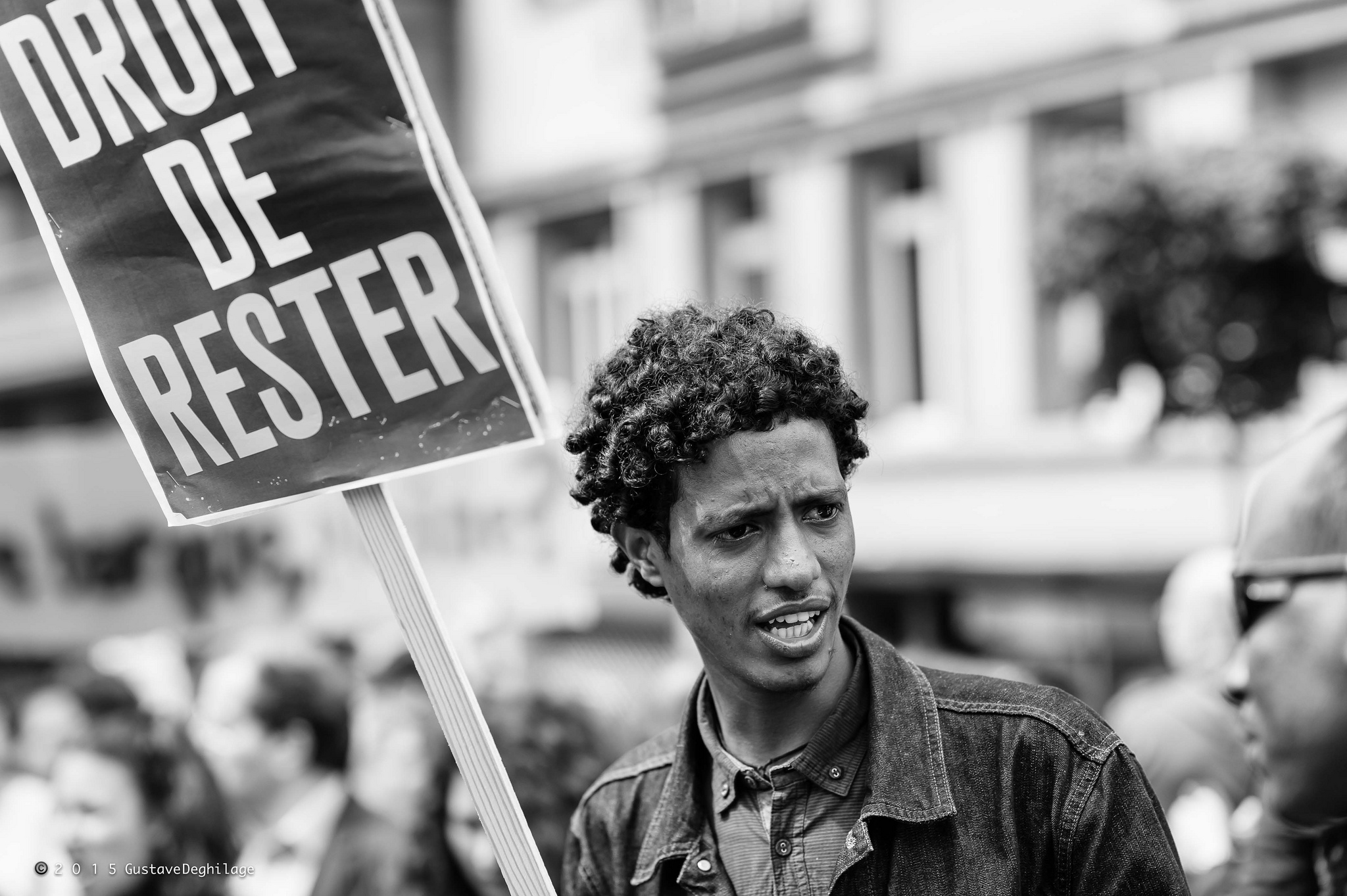by Beth Snodderly
• Why do bad things happen to good people?
• Why has the human species been allowed full, unfettered measure of violence for so long?
• Why am I alive? Does my existence count for anything?
People are searching for meaning in their lives and answers to questions like these. Missionary-historian Ralph D. Winter highlighted this when he asked in an Editorial Comment,
How is a wretchedly poor, dispossessed family in Darfur similar to a comparatively wealthy, retired believer in the USA? In both cases they need a good reason to live. Their primary bond is not the need for food, or money, or security. The wealthy, retired person may think that with enough food and shelter he can get along. But retired people die prematurely if they do not have a reason to live (Winter 2007b).
Because the gospel is a message of hope, the poorest must see some concrete reason for hope before they can understand the gospel (Winter 2008, 338). Winter wanted mission and church practitioners to recognize that they need to lead the way in organizing specialized structures to restore God’s reputation in the eyes of the on-looking secular world. Believers must demonstrate to potential (and former) followers of Jesus that disease, suffering, wars, violence, and evil are not God’s will and are not from him.
Read More

